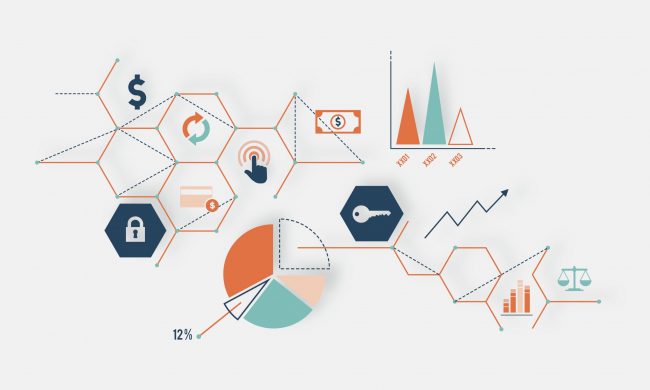Pandemic Policing and Federal Pathways for Democratization
Author: Asma Zribi – The outbreak of COVID-19 impacted how governments operate and deliver services, including security. The pandemic shone a spotlight on governance shortcomings in supporting the most vulnerable and underrepresented populations, who have been disproportionately impacted in health and economic terms. State security providers, in their turn, have been required to cooperate with public health authorities, adapt to rapidly changing emergency regulations, and provide services that are not generally within their mandates.



